The Proliferation of AI-Generated Images
In recent years, the rapid development and proliferation of artificial intelligence (AI) technologies have transformed our lives in countless ways. One such advancement is the creation of AI-generated images, which have become increasingly realistic and ubiquitous. These digital fabrications, while undeniably impressive, pose existential questions about our perception of reality itself. Drawing from the work of Shoshana Zuboff, this article explores the implications of AI-generated images on our collective experience of reality.
The Age of Surveillance Capitalism
Shoshana Zuboff, in her seminal work “The Age of Surveillance Capitalism,” outlines the rise of a new form of capitalism predicated on the mass extraction, analysis, and monetization of personal data. In this brave new world, we are constantly surveilled, our private lives commodified and sold to the highest bidder. As AI-generated images become more prevalent, they serve as an extension of surveillance capitalism, amplifying the erosion of privacy and the distortion of reality.
The Diminishing Boundaries Between Real and Artificial
The advent of AI-generated images has blurred the lines between what is real and what is artificial. As these images become increasingly difficult to distinguish from genuine photographs, the perception of reality becomes malleable and unstable. This destabilization undermines our ability to trust our own senses and has far-reaching consequences for both personal identity and social cohesion.
In Zuboff’s analysis, surveillance capitalism thrives on the commodification of reality. AI-generated images serve as a potent tool in this endeavor, as they manipulate our understanding of what is true and authentic. In doing so, they contribute to a larger crisis of meaning, in which individuals struggle to discern truth from falsehood, genuine human connection from algorithmic manipulation, and ultimately, reality from illusion.
The Future of Reality: A Call for Vigilance and Ethical Considerations
As we continue to move forward in this age of surveillance capitalism, it is crucial that we remain vigilant about the ethical implications of AI-generated images and their potential to reshape our perception of reality. The erosion of privacy and the commodification of reality are not inevitable outcomes, but rather the result of specific choices made by individuals, corporations, and governments.
To counteract these trends, Zuboff argues that we must engage in collective action to assert our rights to privacy, autonomy, and control over our digital lives. This includes demanding transparency from the companies that create and profit from AI-generated images, as well as advocating for regulations that protect our privacy and promote ethical AI development.
The Path to a More Authentic Reality
The proliferation of AI-generated images presents a unique challenge to our perception of reality. As surveillance capitalism exploits our digital footprints and the lines between the real and the artificial blur, it is imperative that we, as a society, act with intention and awareness to preserve our sense of truth and authenticity.
Drawing from the work of Shoshana Zuboff, we must confront the encroachment of surveillance capitalism and work collectively to create a more authentic reality—one where AI-generated images are employed ethically and responsibly, and where the sanctity of our private lives remains intact.
Interested in delving deeper into the world of surveillance capitalism and its implications for our society? I highly recommend reading Shoshana Zuboff’s groundbreaking book, ‘The Age of Surveillance Capitalism: The Fight for a Human Future at the New Frontier of Power.’ Gain insights into the rise of surveillance capitalism, its impact on privacy, autonomy, and democracy, and learn what we can do to protect our digital lives. Click the link below to purchase your copy on Amazon today!




